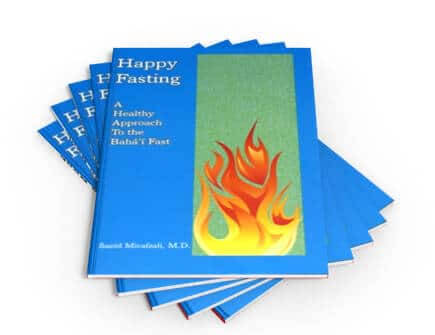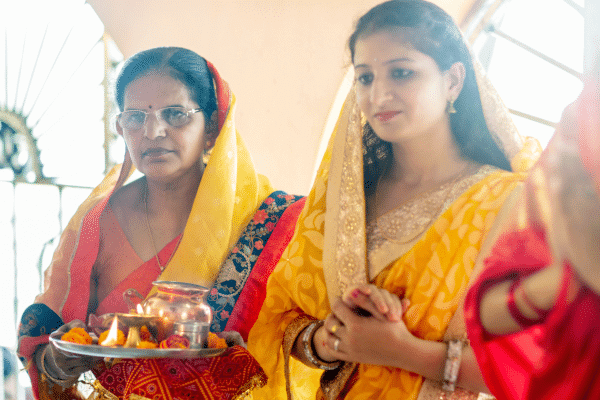As Ramadan continues, Muslims all over the world are fasting, abstaining from food, drink and many worldly pleasures from dawn to dusk. The month-long period of fasting is one of the hallmarks of Islam, but this is not the only religion that incorporates such ritual abstinence.
Religious fasting has been practised for centuries by adherents of various faith traditions. Muslims, Christians, Jews, Hindus, Taoists, Jains, Confucians, Buddhists and followers of many other religions observe fasts.
Fasting is believed by these traditions to not only cleanse the body of accumulated toxins, but also provide spiritual nourishment. It encourages us to feel compassion for those less fortunate.
It was practiced in ancient times as a means of atonement, to avert disasters, induce fertility, and as penance for sins. There is evidence that Native Americans and Incas observed penitential fasts to appease their gods, while the Assyrians and Babylonians practiced it as penance for sins.
Fasting is done at different times and for varying reasons in different religions; but there is no denying that the one who fasts always comes out feeling cleansed and oozing with positive energy. Here’s a look at how different people fast.

Baha’i
The Baha’i fast takes place during Ala, the 19th month of the Baha’i calendar from March 2-20, when adherents abstain from food and drink from sunrise to sunset. The aim is to focus on the love of God and spiritual matters.
Buddhism
Practised usually on full moon days and other holidays, the Buddhist fast recommends abstaining from solid food with some liquids permitted. Fasting is considered a means of purification and freeing of the mind. Some Tibetan monks fast to aid yogic feats and generate inner heat.

Christianity
Catholics fast and abstain from meat on Ash Wednesday and Good Friday. Two small meals and one regular meal are allowed on these fast days, and meat is forbidden. They also abstain from meat on all Fridays in Lent. For Eastern Orthodox there are several fasting periods including Lent, Apostles’ Fast, Dormition Fast and the Nativity Fast, in addition to several one-day fasts. Every Wednesday and Friday is also considered a fasting day, except those in the fast free weeks. Meat, eggs and dairy products are prohibited. Fish is allowed in some fasts. Fasting is not a major part of Protestant faith, but it is observed at the discretion of individual churches where the observer abstains from food or drink, or drinks only water or juice, skips certain meals or abstains from temptation. Fasting in Christianity is practiced as a means to resist gluttony, teach control of fleshly desires, and nourish and prepare the soul by practicing austerity.
Hinduism
Hindus commonly fast on New Moon days and during festivals such as Saraswati Puja, Shivaratri and Durga Puja. Karva Chauth fast is observed by women of northern India. How the fast is observed depends on the individual. Some may abstain from food and drink completely for 24 hours, but elimination of solid food with an occasional drink of milk or water is more common. Fasting is considered a means to enhance concentration in meditation and prayer, to purify the body and soul, and is sometimes performed as a sacrifice.

Islam
The ninth month of the Muslim calendar which is Ramadan, is a mandatory fasting period. It commemorates the period when the Quran was revealed to the Prophet. Other fasting days are observed by Muslims throughout the year, in addition to Ramadan. During the fast observers abstain from food, drink, profane language and some other bodily pleasures from dawn to dusk. Fasting is considered as a means to cleanse the body and soul, and in seeking closeness to God.
Jainism
Fasting is common in Jainism. Though the followers may fast at any time, most Jains will fast at festivals and holy days. Fasting is practiced more often by women than by men. There are several type of fasting including complete fasting (giving up food and water completely for a period), partial fasting (eating less than you need), Vruti Sanshepa (limiting the number of food items eaten) and Rasa Parityaga (giving up favourite foods). Jains fast as penance and to purify the body and mind.
Judaism
Apart from Yom Kippur which is the Day of Atonement fast, the Jews observe six other fasting days including Tisha B’Av, the day the destruction of the Jewish Temple took place. Eating and drinking is forbidden for a 25-hour period from sundown to sundown on Yom Kippur and Tisha B’Av, while abstinence from food and drink on other fasting days is from sunrise to sundown. Jews observe fasts as atonement for sins and as means to make special requests to God.
Mormon
The first Sunday of each month is a fasting day for Mormons though many observe additional fasts during the year by abstaining from food and drink for two consecutive meals and giving charity to the needy. The aim is to gain closeness to God.
Pagan
Pagans fast in preparation for Ostara (the Spring Equinox), but there are no organised fasting days. Some fast by abstaining from food altogether, while others limit the amount they eat. Fasting is observed by Pagans to raise vibration levels in preparation for magical works.




